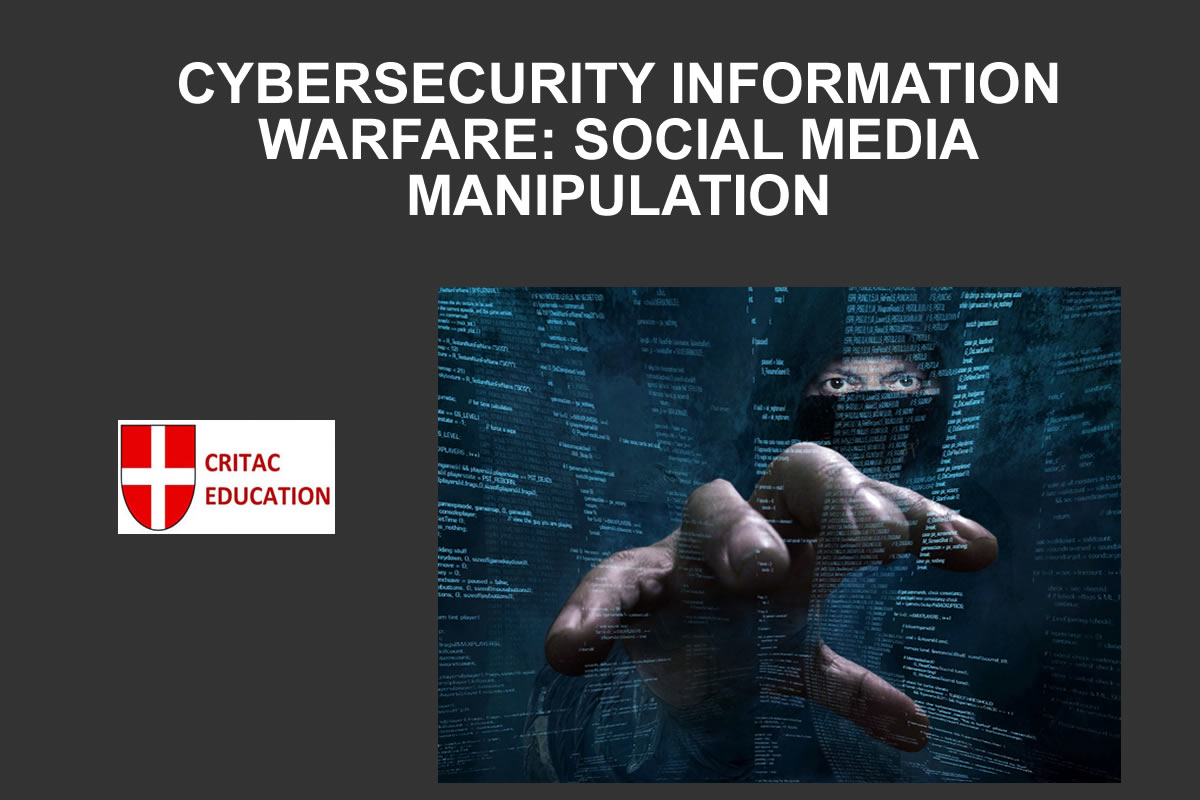"Understanding Social Media Manipulation in Cybersecurity" offers a comprehensive exploration of the dynamic intersection between cybersecurity and social media manipulation. Covering historical contexts, key concepts, and practical case studies, this module provides a deep understanding of the evolving landscape in cybersecurity within the realm of social media.
Key Features:
1. Defining the Nexus of Cybersecurity and Social Media Manipulation:
- Explore the relationship and historical significance.
- Gain foundational knowledge in key terminology and concepts.
2. Social Media Fundamentals:
- Examine the role of social media in society with a focus on historical development.
- Analyze the power and reach of social platforms through the Arab Spring case study.
3. Types of Social Media Manipulation:
- Categorize manipulative tactics, including emerging techniques like deepfakes.
- Analyze real-world examples, such as the impact on the 2020 U.S. Presidential Election.
4. Psychological Aspects of Social Media Manipulation:
- Understand the psychology of persuasion and cognitive biases.
- Analyze the spread of COVID-19 misinformation through a case study.
5. Social Media as an Information Battlefield:
- Explore the weaponization of social media and its role in information warfare.
- Analyze information dissemination speed using the 2016 U.S. Presidential Election case study.
6. State-Sponsored Social Media Manipulation:
- Identify nation-state actors and their manipulative efforts.
- Analyze Russia's involvement in the 2016 U.S. Presidential Election.
7. Detecting and Countering Social Media Manipulation:
- Learn techniques for identification and understand responses from social media companies.
- Explore the role of fact-checking using a case study on coordinated inauthentic behavior on Facebook.
8. Media Literacy and Education in the Digital Age:
- Promote media literacy and critical thinking through educational initiatives.
- Analyze Finland's media literacy education as a case study.
9. Ethical and Legal Considerations:
- Discuss ethical dilemmas in countering manipulation.
- Explore legal frameworks and regulations, balancing free speech and regulation.
10. Social Media Manipulation and the Future:
- Investigate emerging trends, prepare for future threats, and discuss challenges and opportunities.
- Analyze the anticipation of emerging trends using AI-powered technology.
Who This Course Is For:
- Cybersecurity Professionals: Seeking to understand the interplay between cybersecurity and social media manipulation.
- Digital Marketers: Interested in comprehending the impact of manipulation on online platforms.
- Communication Specialists: Keen on understanding the complexities of information warfare in the digital age.
- Policymakers: Wishing to formulate strategies for addressing social media manipulation.
- Students: Pursuing studies in cybersecurity, digital marketing, communication, or related fields.
